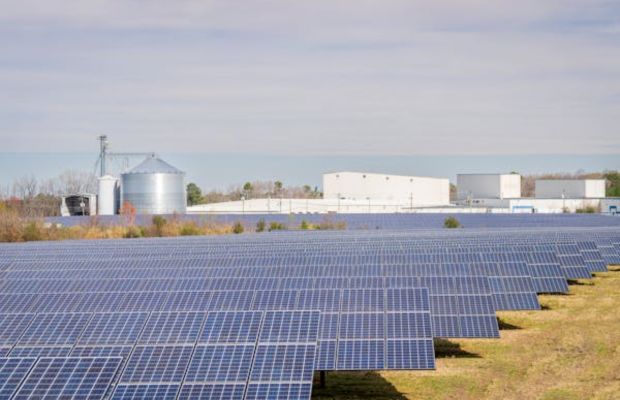Malaysia’s Kawan Renergy Bhd, a prominent player in the engineering solutions sector, marked a successful debut on the ACE Market with an optimistic outlook for the future. Targeting an impressive RM100 million in revenue for the year, the company’s Managing Director, Lim Thou Lai, emphasized the pivotal role of renewable energy (RE) in driving this growth.
Lim highlighted the group’s strategic focus on acquiring high-yield job orders, which are expected to significantly boost gross profit margins, driving the company towards achieving its revenue targets. Despite challenges such as the impending fuel subsidy rationalization program, Kawan Renergy remains bullish on the prospects of its RE business, foreseeing it as a major growth driver.
The company’s subsidiary, Magenko Renewables (Asia) Sdn Bhd, holds multiple power-purchase agreements in the pipeline, signaling a promising future for its RE segment. Additionally, Kawan Renergy eyes expansion in the Southeast Asian region, particularly in Indonesia, further solidifying its position in the market.
Lim emphasized the potential of RE and co-generation plants, aligning with Malaysia’s national energy transition goals aiming for net-zero emissions by 2050. With the RE segment expected to become the company’s primary revenue contributor in the coming years, Kawan Renergy is well-positioned to capitalize on the growing demand for sustainable energy solutions.
Despite the company’s modest contribution from the RE segment at present, its order book stands at a commendable RM72.9 million as of March 31, 2024. The financial performance for the first quarter ended Jan 31, 2024, reflected a revenue of RM19.9 million and a net profit of RM4.2 million, with over half of the revenue originating from the industrial process equipment segment.
In the previous financial year, Kawan Renergy reported a revenue of RM98.4 million and a net profit of RM13.3 million, underlining its consistent growth trajectory. The company’s stock debuted strongly, opening at 45 sen per share, marking a 50% increase over its initial public offering (IPO) price of 30 sen.

